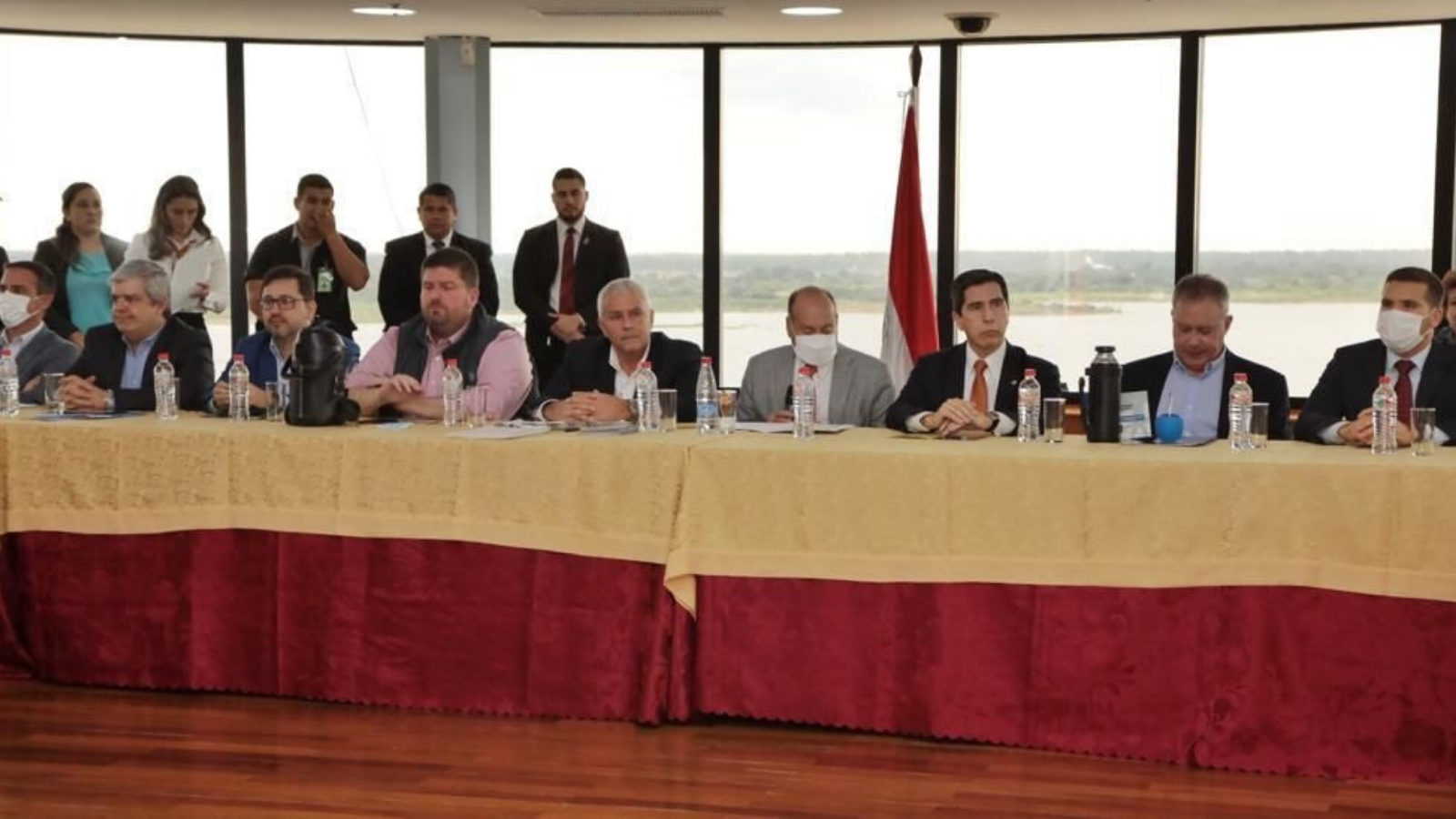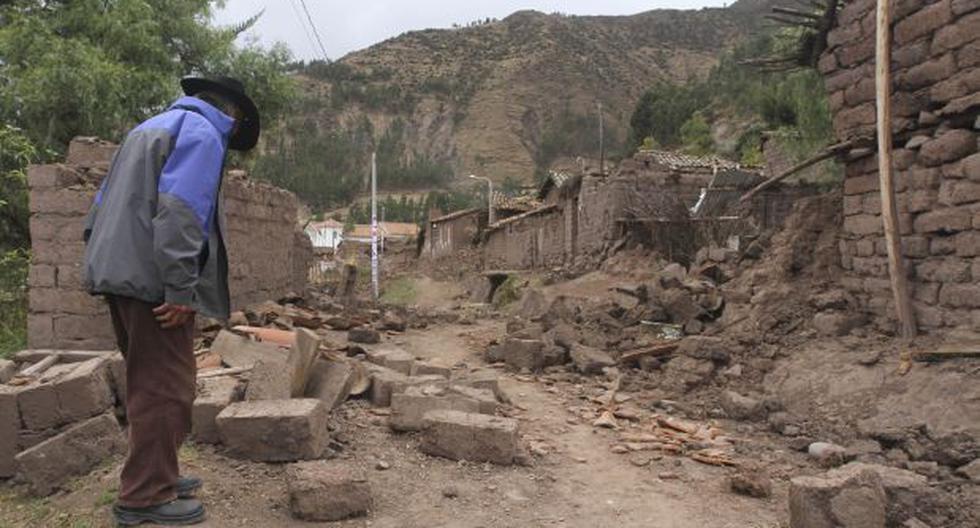Authorities such as Óscar “Cachito” Salomón, president of the National Congress, Gilberto Fleitas, commander of the National Police, commissioner Gustavo Enciso, director general of the Police Intelligence Directorate, Hernán Huttemann, minister of the civil cabinet and Federico González, participated in the event. Minister of the Interior, just to name a few authorities.
Stephan Rasmussen, a national senator for the Beloved Homeland Party, reported that now the project must be analyzed in commissions and then convene public hearings.
“Ideally, it would be sanctioned before September, which is when the 2023 budget is discussed,” he commented.
HISTORY
Fidel Zavala, also a national senator for the Patria Querida party, and one of the planners of the initiative, stated during the presentation of the document that they seek to reward those people who make merits to ascend.
“With democracy we take on new challenges, both socially, economically and in relation to security. The Police have always handled few resources, many limitations. The first time they received patrol boats were those donated or recycled from the Itaipu Binational Entity during the government of Nicanor Duarte Frutos (2003 – 2008)”, he stated.
The legislator recalled that during the dictatorship there was only one police force in the capital and government delegates, called mayors, who controlled public security, worked in the interior.
Before the birth of Law 222/93, the National Police had an organic charter very similar to that of the Armed Forces, only with the difference in positions and ranks.
The legislator considers organized crime and its infiltration in power groups such as the political class, the National Police and the Public Ministry, as well as rural insurgency and terrorism such as the self-styled Paraguayan People’s Army (EPP). and the Armed Peasant Group (ACA) as the main evils that police officers must combat.
“Before we were just producers of marijuana and transit of certain drugs, but from the moment that Brazil strengthened its security and approved the law on shooting down planes, all drug trafficking migrated to our country. We have base paste refinement laboratories and that was found in Ciudad del Este, in the Tacumbú prison itself, ”he detailed.
Federico González, Minister of the Interior, expressed that among the five pillars of the project, police welfare is the most important, since education, family welfare, the possibility of accessing one’s own home, real and valid free legal assistance , is what will allow each police agent to carry out their work in the best way.
“It is easy from the office, with air conditioning, to give the instructions so that that officer and non-commissioned officer who is in the field, on the battlefront, take action. It’s easy to say ‘proceed, go ahead, act,’ but you have to be in the boots of that officer and noncommissioned officer,” he noted.
He stressed that if the staff feels safe and comfortable, it will be easier to carry out the other four lines of work established by the project.





